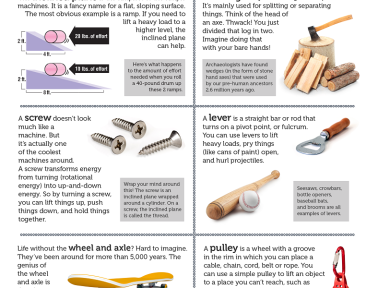As we prepare to welcome a brand-new kid to our household, I’ll be sharing some preferred messages from the past.
My granny had a great deal of sayings. “Use it up, use it out, make it do, or do without.” “Do not toss upon the floor the food you can not eat, for numerous a starving kids would certainly think it rather a treat.”
And when my other half asked if I was ALRIGHT dating him at ten years my senior, Granny’s words jumped right out: “Better to be an old guy’s beloved than a boy’s servant.”( Though my then-suitor didn’t precisely value the “old man” reference at the childhood of 34.)
Yet apparently there was one I had ignored till my mommy utilized it a few days ago:
” You can’t put a large head on little shoulders.”
It’s a quick tip, in Granny’s design, that you can not anticipate a little kid to believe as a grownup. You can not anticipate a youngster to act as a grownup. Youngsters are, nevertheless, children.
And yet we do it periodically.
We anticipate them to wait patiently without giving them something to do. (And then obtain upset when they locate something to do.) We claim points like, “the infant’s sleeping” yet omit the real message, “it’s time to be quiet”, and presume they’ll complete the blanks. And we anticipate them to overlook that twitching worm on the pathway since we remain in a hurry.
Too often we predict our understanding, our point of views, and our priorities onto the youngsters we love and also instruct. Developmentally, youngsters are intended to be ego-centric. What’s our excuse as adults?
Monitor your expectations and words you utilize with young children, and beware of attempting to put huge heads on little shoulders. Decrease once in a while and also see things from their view. (You were there when, bear in mind?) Keep expectations suitable to their abilities, as well as directions clear for their understanding.
Hold your horses when youngsters imitate … well, kids.










